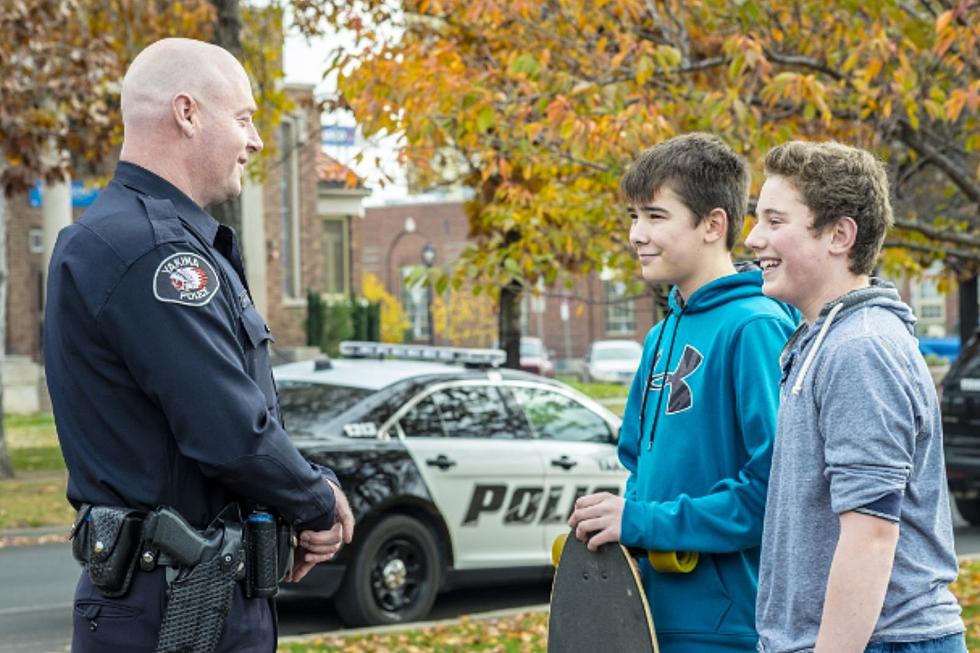
Teen Time Causes Trouble… Get To Bed!!!
With school back in session, for many families the nightly battle begins …How to get the teenagers to bed at a decent hour. Dr. Susan Rausch, MD, PhD, Medical Director, The Sleep Center at Memorial Hospital says teens are hardwired to go to bed late and get up later. School hours don’t sync up with the teenagers natural biological clocks… sleep patterns shift toward later times for both sleeping and waking during adolescence -- meaning it is natural to not be able to fall asleep before 11:00 pm and that causes problem. Sleepiness can make it hard to get along with your family and friends and hurt your scores on school exams, on the court or on the field. Many teens suffer from treatable sleep disorders, such as narcolepsy, insomnia, restless legs syndrome or sleep apnea.
Too little sleep can limit your ability to learn, listen, concentrate and solve problems. You may even forget important information like names, numbers, your homework or a date with a special person in your life. Lack of sleep can contribute to acne and other skin problems, lead to aggressive or inappropriate behavior such as yelling at your friends or being impatient with your teachers or family members and can cause you to eat too much or eat unhealthy foods like sweets and fried foods that lead to weight gain.
Sleep is vital to your well-being, as important as the air you breathe, the water you drink and the food you eat. It can even help you to eat better and manage the stress of being a teen. Teens need about 9 hours of sleep each night to function best. Most teens do not get enough sleep — one study found that only 15% reported sleeping 8 1/2 hours on school nights. Most teens get around 5-6 hours of sleep in the high school years.
So…establish a bed and wake-time and stick to it, coming as close as you can on the weekends to the same schedule. A consistent sleep schedule will help you feel less tired since it allows your body to get in sync with its natural patterns. You will find that it’s easier to fall asleep at bedtime with this type of routine. Try taking a bath or shower (this will leave you extra time in the morning), or reading a book. Don’t eat a large meal, drink caffeinated beverages / eat chocolate, or exercise within a few hours of your bedtime. Don’t leave your homework for the last minute. Try to avoid the TV, computer and telephone in the hour before you go to bed. Stick to quiet, calm activities, and you’ll fall asleep much more easily! Try keeping a diary or to-do lists. If you jot notes down before you go to sleep, you’ll be less likely to stay awake worrying or stressing. Source: National Sleep Foundation
More From News Talk KIT









